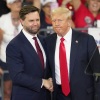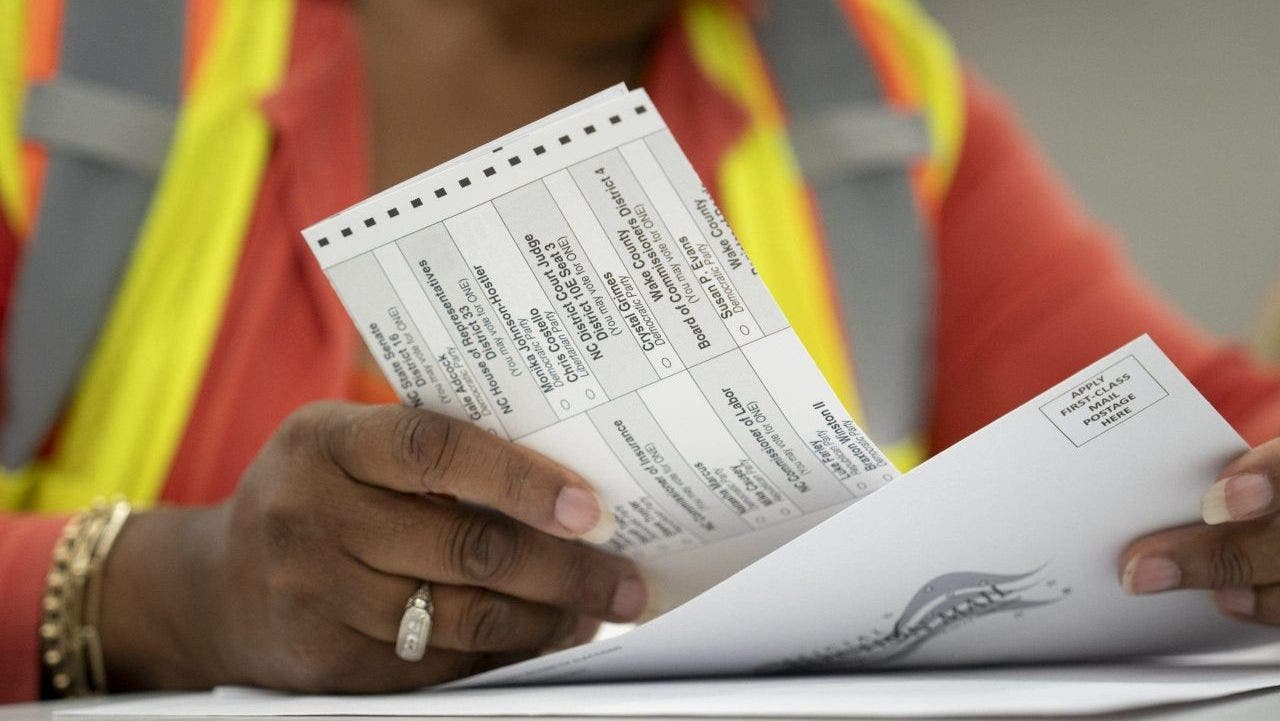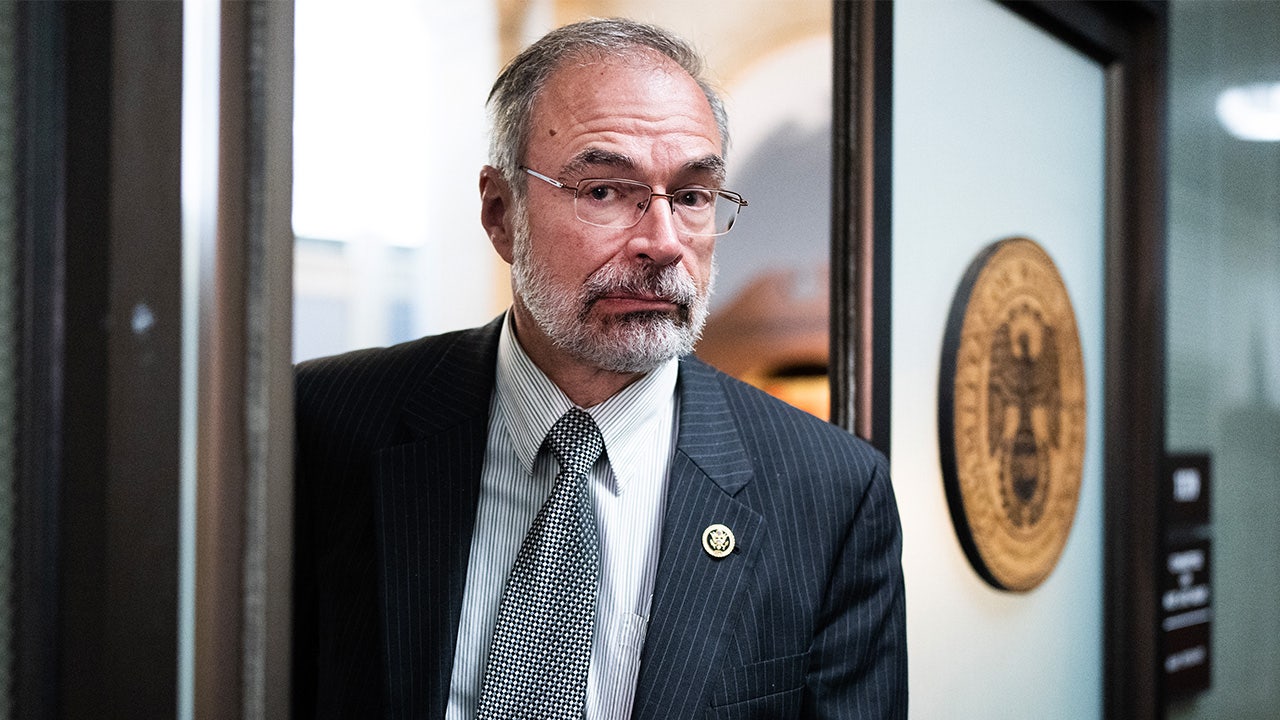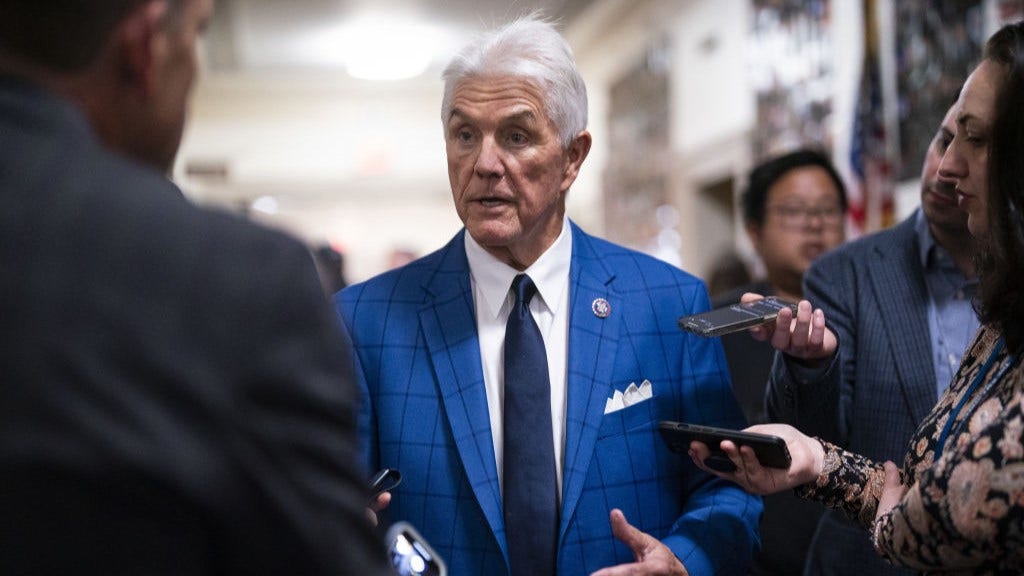A top Federal Reserve official said the US central bank should revert to cutting interest rates “gradually”, after a larger than usual half-point reduction earlier this month.
St Louis Fed president Alberto Musalem said the US economy could react “very vigorously” to looser financial conditions, stoking demand and prolonging the central bank’s mission to beat inflation back to 2 per cent.
“For me, it’s about easing off the brake at this stage. It’s about making policy gradually less restrictive,” Musalem told the Financial Times on Friday. He was among officials to pencil in more than one quarter-point cut for the remainder of the year, according to projections released at this month’s meeting.
The comments from Musalem, who became the St Louis Fed’s president in April and will be a voting member on the Federal Open Market Committee next year, came less than two weeks after the Fed lopped half a percentage point from rates, forgoing a more traditional quarter-point cut to kick off its first easing cycle since the onset of Covid-19 in early 2020.
The jumbo cut left benchmark rates at 4.75 per cent to 5 per cent — a move that Fed chair Jay Powell said was aimed at maintaining the strength of the world’s largest economy and staving off labour market weakness now that inflation was retreating.
On Friday, the Fed’s preferred inflation gauge fell more than expected to an annual rate of 2.2 per cent in August.
Musalem, who supported the cut in September, acknowledged that the labour market had cooled in recent months, but remained positive about the outlook given the low rate of lay-offs and underlying strength of the economy.
The business sector was in a “good place” with activity overall “solid”, he said, adding that mass lay-offs did not appear “imminent”. Still, he conceded the Fed faced risks that could require it to cut rates more quickly.
“I’m attuned to the fact that the economy could weaken more than I currently expect [and] the labour market could weaken more than I currently expect,” he said. “If that were the case, then a faster pace of rate reductions might be appropriate.”
That echoed comments from governor Christopher Waller last week, who said he would be “much more willing to be aggressive on rate cuts” if the data weakened more quickly.
Musalem said the risks of the economy weakening or heating up too quickly were now balanced, and the next rate decision would depend on data at the time.
The Fed’s latest “dot plot” showed most officials expected rates to fall by another half a percentage point over the course of the two remaining meetings of the year. The next meeting is on November 6, a day after the US presidential election.
Officials had a wide range of views, however, with two of them signalling the Fed should hold off on more cuts, while another seven forecast only one more quarter-point cut this year.
Policymakers also expected the funds rate to fall another percentage point in 2025, ending the year between 3.25 per cent and 3.5 per cent. By the end of 2026, it was estimated to fall just below 3 per cent.
Musalem pushed back on the idea that September’s half-point move was a “catch-up cut” because the Fed had been too slow to ease monetary policy, saying inflation had fallen far faster than he had expected.
“It was appropriate to begin with a strong and clear message to the economy that we’re starting from a position of strength,” he said.

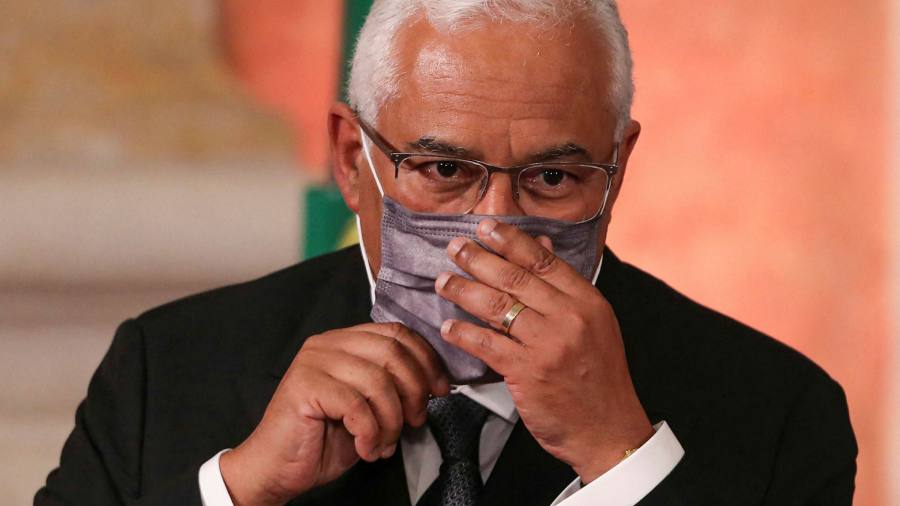


/cdn.vox-cdn.com/uploads/chorus_asset/file/24774109/STK156_Instagram_threads_2.jpg)





